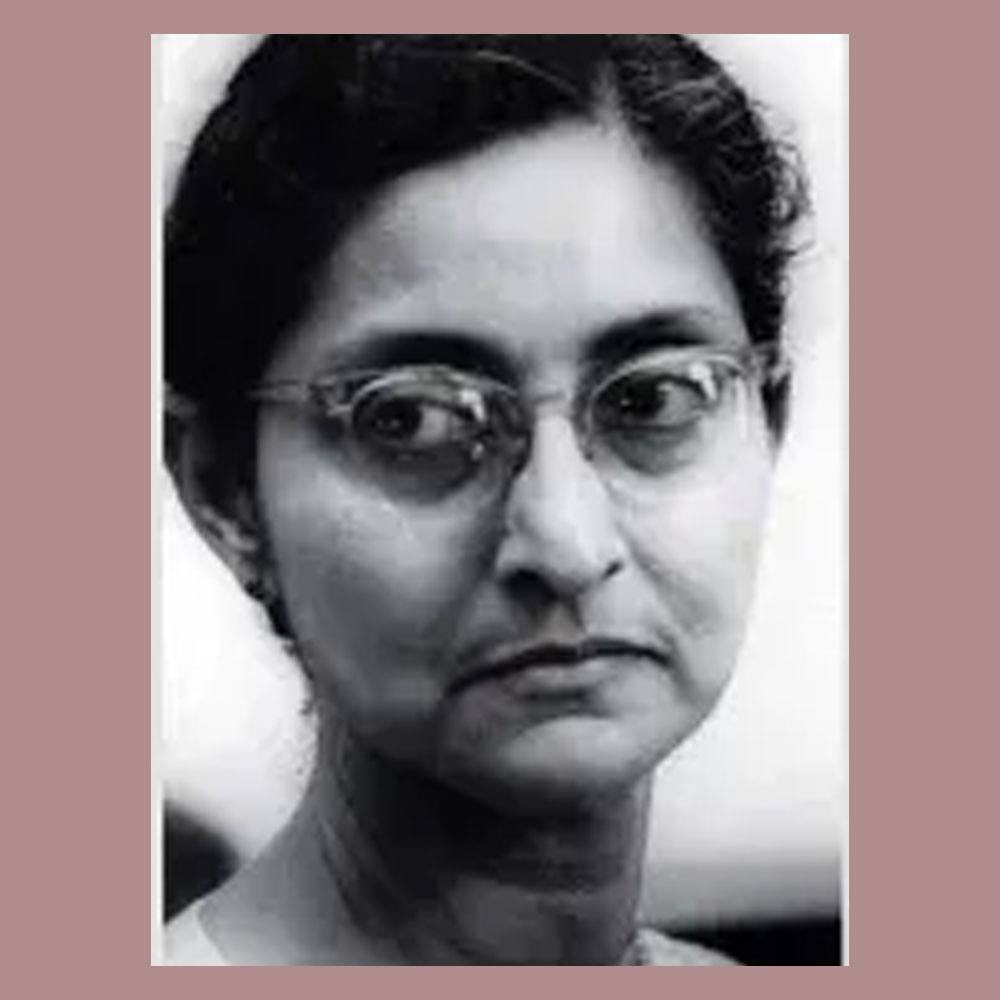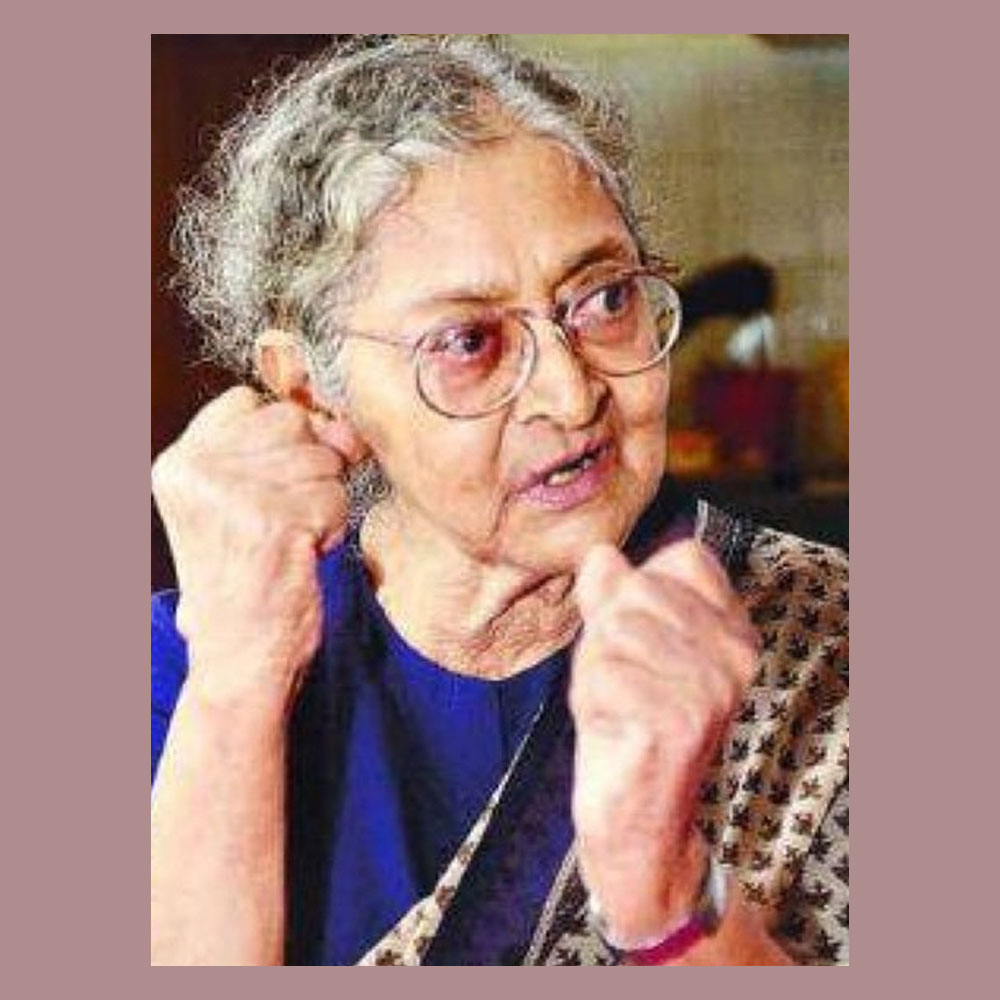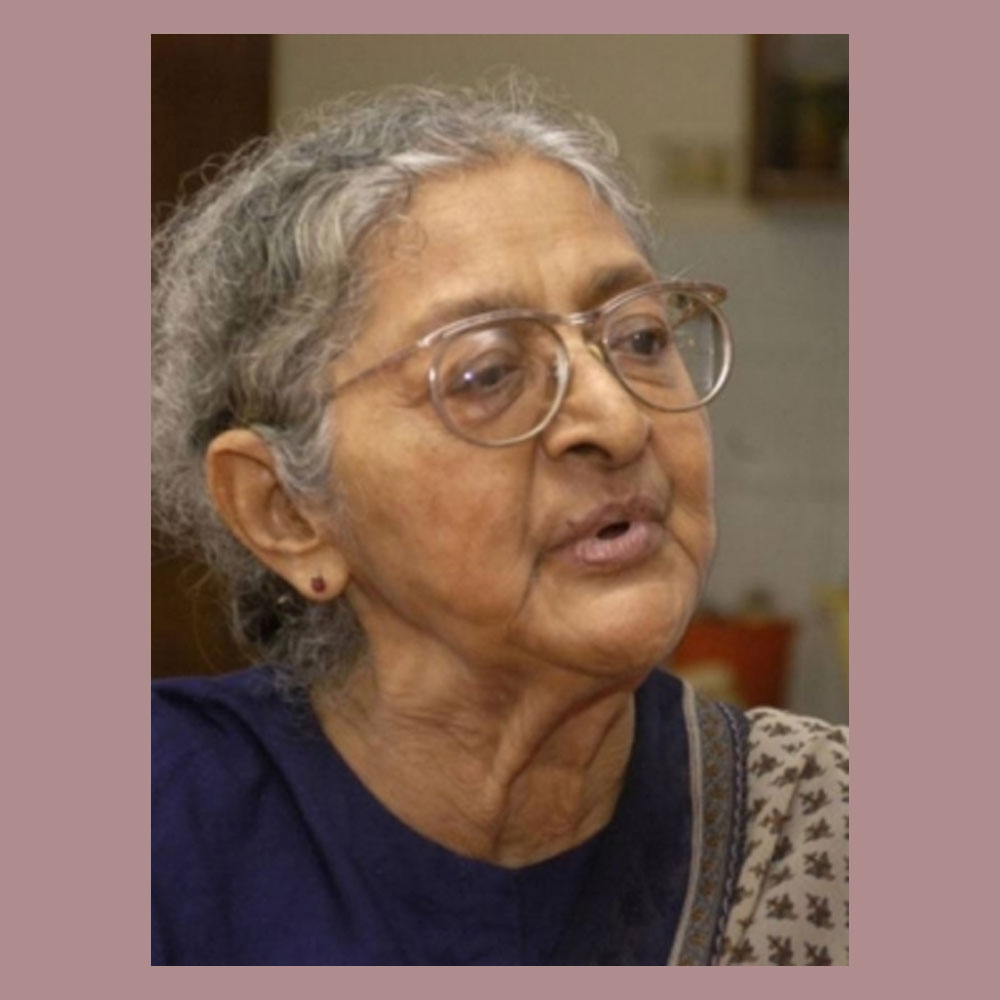
Born in 1924 in Virajpet, Karnataka, Muthamma faced hardship early on when she lost her father, a forest officer, at just age nine. Raised by her mother, she attended St Joseph’s Girls School in Madikeri and later graduated with top honours from Women’s Christian College in Chennai. After completing her postgraduate degree in English Literature at Presidency College, she decided to take the UPSC examinations, and became the first Indian woman to pass them.
Even with her impressive results, the board interviewing her for the IFS discouraged her, claiming that the service was ’not suitable for women’. However, Muthamma was determined. She made a compelling case for herself and successfully joined the IFS in 1949, making history as the first woman to do so. Unfortunately, she had to sign a declaration stating she would resign if she married. Thankfully, this rule was changed after a few years.
Muthamma’s career spanned several decades, during which she held various roles across Europe, Asia, and Africa. Despite her achievements, she faced gender bias and was often overlooked for ambassador positions.

In a landmark ruling in 1979, the Supreme Court, led by Justice VR Krishna Iyer, agreed with Muthamma, striking down the unfair rules governing women in the foreign service. The court also urged the Indian government to revise all service rules to eliminate gender discrimination.

Even after retiring, Muthamma remained active in various roles. She was appointed as the Indian member of the Independent Commission on Disarmament and Security Issues, established by then-Swedish Prime Minister Olaf Palme. Muthamma also authored several works, including a cookbook on Kodava cuisine and a collection of articles titled ’Slain by the System: India’s Real Crisis.’